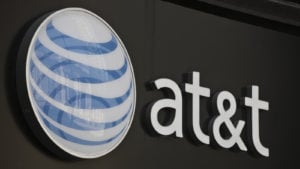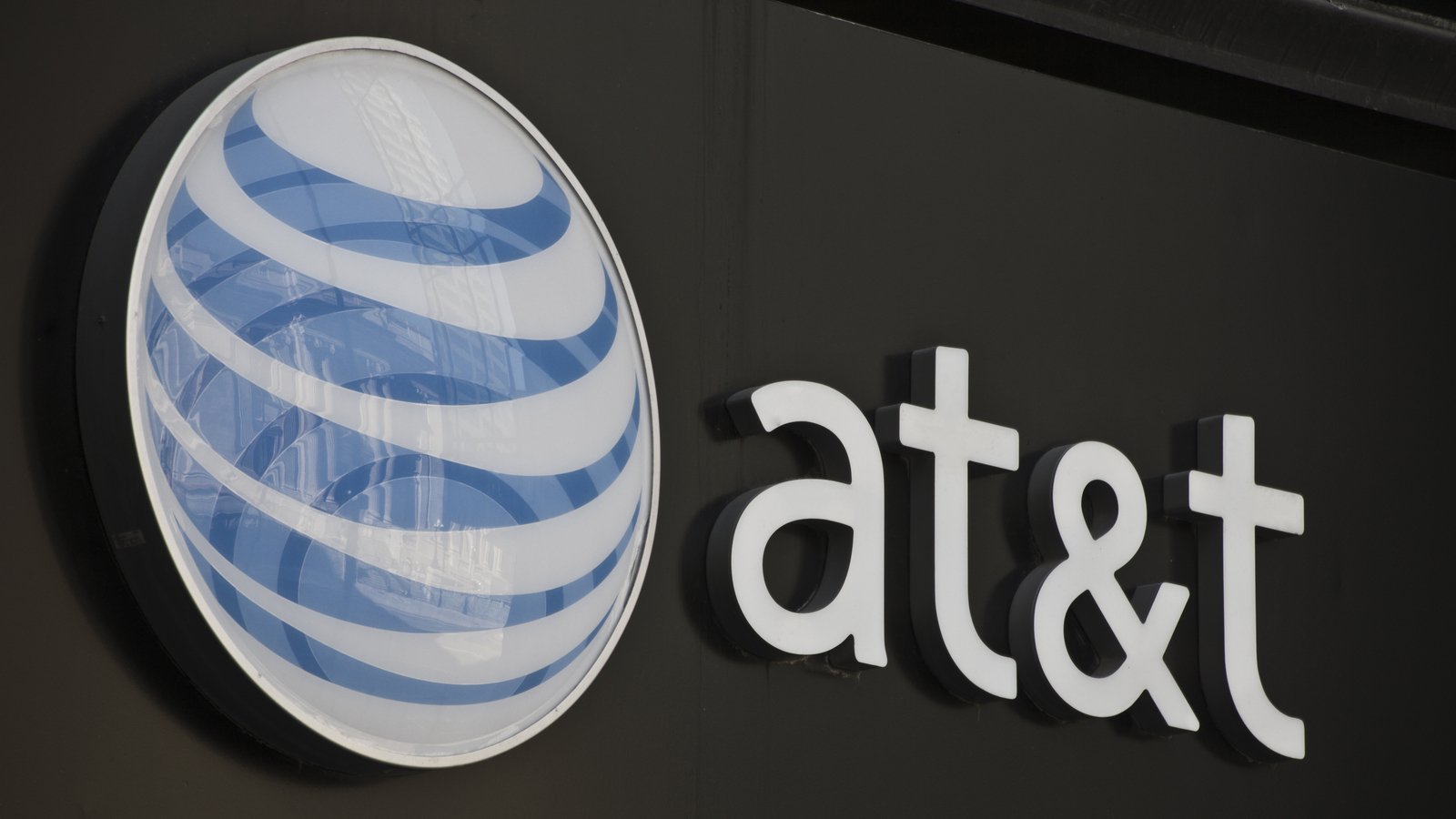With its 7% dividend and its $209 billion market cap, AT&T (NYSE:T) is widely considered a blue-chip investment. However, General Electric (NYSE:GE) investors know all too well how quickly a blue-chip stock can fall from grace. Unfortunately for T stock investors, the company seems to be joining GE in failing to adapt to the 21st century.

In 2015, AT&T acquitted DirecTV for $67.1 billion, including assumed debt. In 2018, regulators approved AT&T’s $85 billion buyout of Time Warner. Just two months ago, AT&T replaced its CEO and acknowledged that the two legacy media buyouts have saddled the company with more than $165 billion in debt.
Earlier this month, AT&T announced it is in talks to sell off its WB Games unit for $4 billion. Asset sales could be a trembling sign that AT&T’s traditional media buyouts are underperforming. At the same time, its blind commitment to its dividend has put the company in a difficult financial situation.
Questionable Acquisitions and T Stock
There’s nothing inherently wrong with taking on massive amounts of debt to complete buyout deals that could help drive long-term growth. However, it’s no secret that the legacy media landscape is being significantly disrupted by Netflix (NASDAQ:NFLX), Amazon (NASDAQ:AMZN) and other over-the-top providers. Most investors and analysts see OTT video as a secular growth trend.
Given that these legacy media companies are facing their most difficult outlook in history, it’s somewhat surprising that AT&T would essentially gamble its financial future on DirecTV and Time Warner. At this point, T stock is carrying roughly the same amount of debt as the entire country of Venezuela.
Not only is AT&T drowning in debt, its estimated 2020 dividend payout ratio is 64.8%. In other words, nearly two-thirds of AT&T’s earnings this year will go right out the door to pay its dividend.
While legacy media is dying a slow death, the video game industry is booming. Yet AT&T is selling off its gaming business, which is yet another head-scratcher.
HBO Max Launch Was Confusing
AT&T has attempted to adapt its media businesses to the streaming model. However, it has had limited success. HBO Max launched on May 27. AT&T has failed to secure deals with Amazon or Roku (NASDAQ:ROKU) to carry HBO Max. Those two services account for 70% of U.S. streaming TV devices, according to Empire Financial Research.
Empire’s Whitney Tilson says SensorTower data suggests HBO Max was downloaded just 90,000 times on its launch date. Back in November, Walt Disney (NYSE:DIS) reported four million Disney+ downloads on its launch date.
AT&T has also done a great job at confusing HBO fans by offering three different HBO apps–HBO Now, HBO Max and HBO Go. The company has failed to clearly brand and differentiate each app, creating confusion for customers.
Somehow in the middle of a massive boom in streaming video, AT&T is dropping the ball. In 2019, AT&T lost more than 4 million satellite, wireline and linear TV subscribers. Incredibly, the company somehow managed to lose 665,000 AT&T TV Now streaming subscribers last year as well.
Is the AT&T Dividend at Risk?
For now, many investors are likely indifferent to the company’s missteps as long as they get their quarterly dividend. Unfortunately, with debt piling up, subscriber counts falling and revenue down 4.5% last quarter, that dividend is looking less safe by the day.
Empire’s Enrique Abeyta says AT&T’s move to sell its gaming business is an indicator of just how out-of-touch the company’s strategy is.
“Management basically wants to get rid of one of the few assets the company has in an industry (video games) that’s perfectly positioned for the future, as opposed to a legacy of the past,” Abeyta says.
Not only does he believe the dividend is at risk, he thinks the entire company may be.
“Mark my words – at some point in the next decade, AT&T will go down as the biggest non-financial bankruptcy in the history of American business,” Abeyta says.
I think predicting a bankruptcy may be a bit far-fetched at this point. But I see a lot of parallels between T stock and former blue-chip dividend stock GE. Debt and mismanagement eventually forced GE to cut its dividend to just 0.6%. GE’s share price is also down 75% in the past three years.
The 7% T stock dividend may look appealing at first glance. But AT&T has a lot of long-term problems that could cost investors for years to come.
Wayne Duggan has been a U.S. News & World Report Investing contributor since 2016 and is a staff writer at Benzinga, where he has written more than 7,000 articles. Mr. Duggan is the author of the book “Beating Wall Street With Common Sense,” which focuses on investing psychology and practical strategies to outperform the stock market. As of this writing, Wayne Duggan does not hold a position in any of the aforementioned securities.
